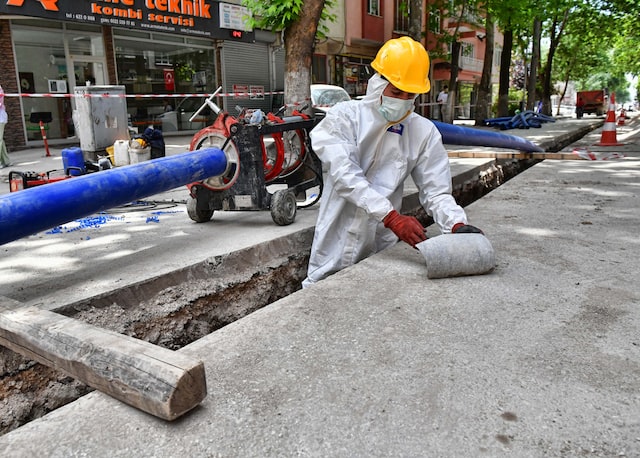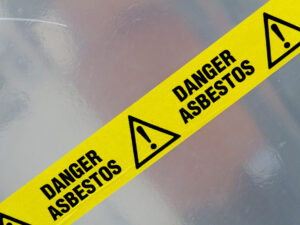
Asbestos Information, Instruction, and Training in South Africa
Asbestos is estimated to kill more than 100,000 people annually. This is staggering given that there has been a global effort to remove asbestos from all areas of society for decades. The National Institute for Occupational Health reveals that although asbestos is banned in South Africa, asbestos hidden in various shapes and forms will remain a concern for many years to come, threatening people’s health at home and at work. This article looks at why asbestos is such a danger, the important asbestos services contractors carry out, and how to arrange asbestos training in South Africa.
Where is asbestos still found?
The Cancer Association of South Africa (CANSA) in 2021 released a fact sheet and position statement on asbestos. In it, they outline three contexts where people might still be coming into contact with asbestos – most times without even knowing about it.
- Industrial settings
You could be exposed to high levels of asbestos at work if you’re a construction worker, a miner, a factory worker, a railroad or automotive worker, or a shipbuilder, among other high-risk professions.
2. Older homes
An old home, built before the dangers of asbestos were fully understood, may have asbestos-containing insulation or other materials present. An environmental monitoring provider can check a house to establish if asbestos is present and whether it poses a risk.
Why is asbestos dangerous?
Medical studies have linked asbestos exposure to the development of serious respiratory diseases and cancers, including mesothelioma, lung cancer, asbestosis and diffuse pleural thickening. It wasn’t until well into the 20th century that researchers uncovered the connection between breathing in asbestos fibres and developing serious respiratory conditions.
What asbestos services should you have on call?
Asbestos removal, monitoring and inspecting
The purpose of asbestos air monitoring, and eventual asbestos removal if required, is to assess potential asbestos exposures at the workplace in order protect the health of employees, as well as ensure that a site is compliant with the requirements of the Asbestos Abatement Regulations, 2020, framed under the Occupational Health and Safety Act of 1993 (Act No 85 of 1993).
Compilation and approval of plans of work
This involves helping to compile a written site-specific Plan of Work (POW), as contemplated in Regulation 15 of the Asbestos Abatement Regulations, 2020. The plan of work will provide legal and technical guidance regarding the handling of asbestos products in the appropriate manner so as not to pose any significant health risk to any employees and the public.
Asbestos risk assessments
A comprehensive asbestos inventory and risk assessment report identifies the location, approximate quantity, condition, and potential health risk of any Asbestos Containing Materials (ACM) existing within your premises. This assessment must be carried out to satisfy the requirements of the Asbestos Abatement Regulations, 2020, in particular Regulation 4.
Asbestos bulk sampling
Here an asbestos inspector can assist you with safely collecting any asbestos bulk samples on your site. The samples are sent to an accredited laboratory for analysis. As per Regulation 4(2) of the Asbestos Abatement Regulation, when there is a disagreement as to whether a substance comprises asbestos or not, an approved asbestos inspection authority must be called in to collect a sample and provide a definitive identification.
Asbestos training in South Africa
The first step to protecting you and your teams from the negative impacts of asbestos is to learn about it and understand the dangers it poses. Next, teams should be instructed through asbestos training on identifying and safely handling asbestos. Contact Apex Environmental to arrange accredited asbestos training for your workers today.








